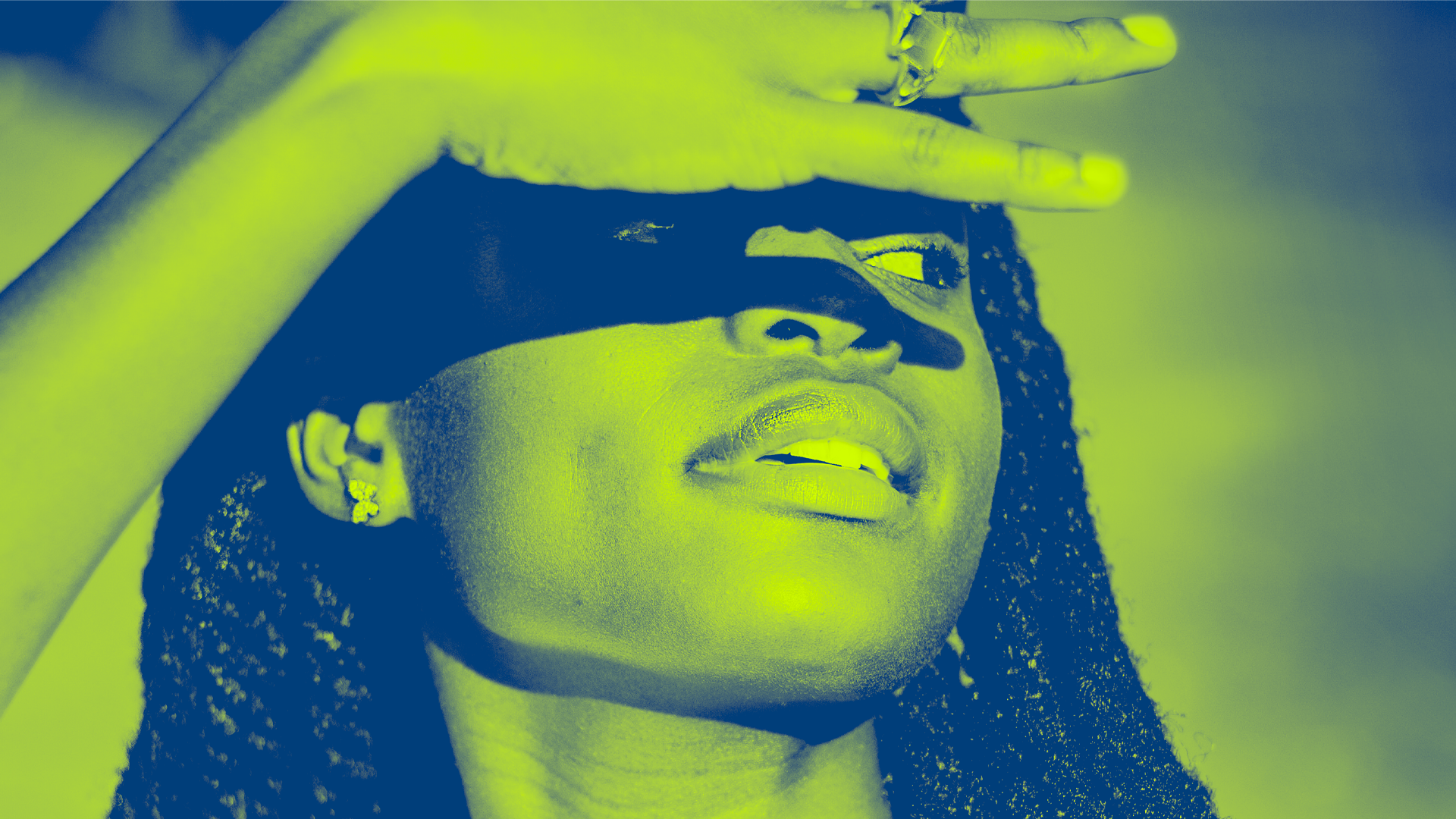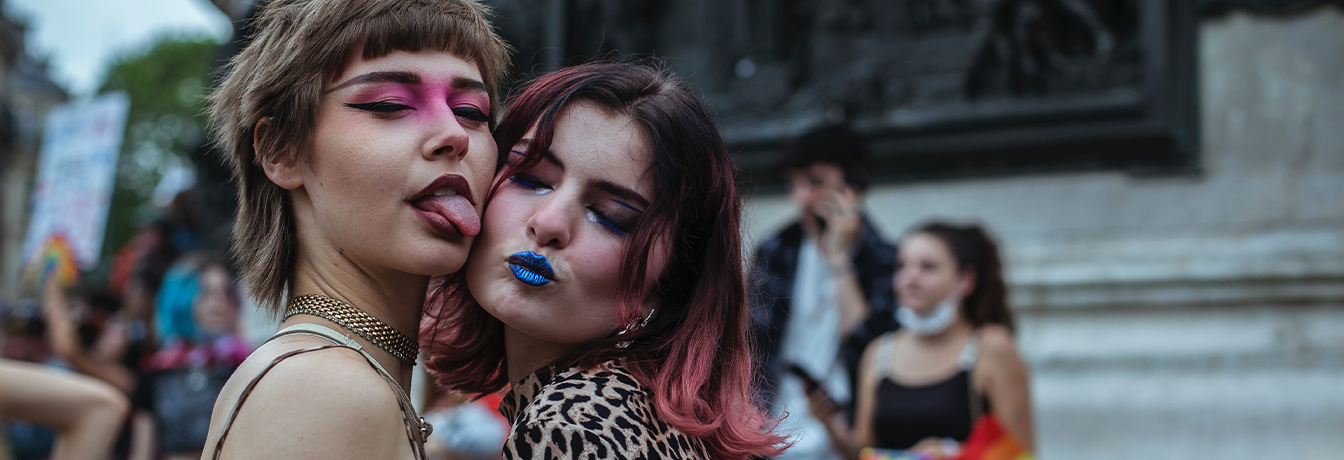
Generation Z are a generation that questions everything that came before them. Whatever it was, it’s there to be put under the microscope and pressure tested for their ideological rigour. From capitalism to colonialism, Gen Z are truly bringing the world and previous generations to rights. And one of the biggest ideas they’re placing under the microscope is the role of gender.
Of course, the role of genders themselves has been questioned for many years now, but under Gen Z we have seen leaps made in the gender debate – moving the discussion out of the lecture halls and theory books and into mainstream conversation. Where previous generations questioned the roles that a man and a woman can and should play in society, this cohort is breaking down the very essence and idea of gender itself.
As this conversational door is opened, social movements related to gender and sexuality are beginning to pick up real traction, with Gen Z in particular rallying around the LGBTQ+ cause. With this awareness and openness has come a more fluid sense of personal identity, particularly around the removal of traditional gender labels, with almost 16% of Gen Z adults between the ages of 18-23 in US identifying as LGBTQ+ in 2020 (CBS news, 2021).
Gen Z not only reject being told who they are by society, but they’re fully aware of the devastating effects adhering to society’s norms can have upon their mental health. Grappling with gender pronouns and sexual identities is about much more than fighting back against an overbearing system, it’s about letting people’s sense of identity be born and eventually…flourish.
The first few steps on the path to gender harmony have been paved in great part by the fashion industry, with some of the world’s biggest fashion houses and most revered celebrities bringing LGBTQ+ onto the red carpet and, in doing so, into the mainstream. The likes of Calvin Klein have steered conversations with their #proudinmycalvins campaign, partnering with Gen Z LGBTQ+ stars to show its support for the movement. Meanwhile, stars such as Jaden Smith, Miley Cyrus and Cody Fern have continually broken gender-based clothing stereotypes and continue to drive this blending of gender identity within the fashion and entertainment worlds in a way that makes things accessible for Gen Z.
What will this mean for the future of gender?
We’re not here to say that gender will be eradicated by a generation, but we are noticing that Gen Z are beginning to break it down – how far they go remains to be seen.
This generation of renegades are continually drilling down to the bedrock of social norms to see what’s left there in the end. And, in the case of gender, Gen Z are much more concerned with the identity that lies beneath society’s many labels; for brands and human being alike, that’s where the real magic is.
So amid an environment of swirling gender titles and attempts to rationalise what perhaps deserves no rationale, Gen Z have revolutionised the Gender movement. The question is, as this generation grows up, how will they create identity without the mould of gender and how will brands be able to do the same…


